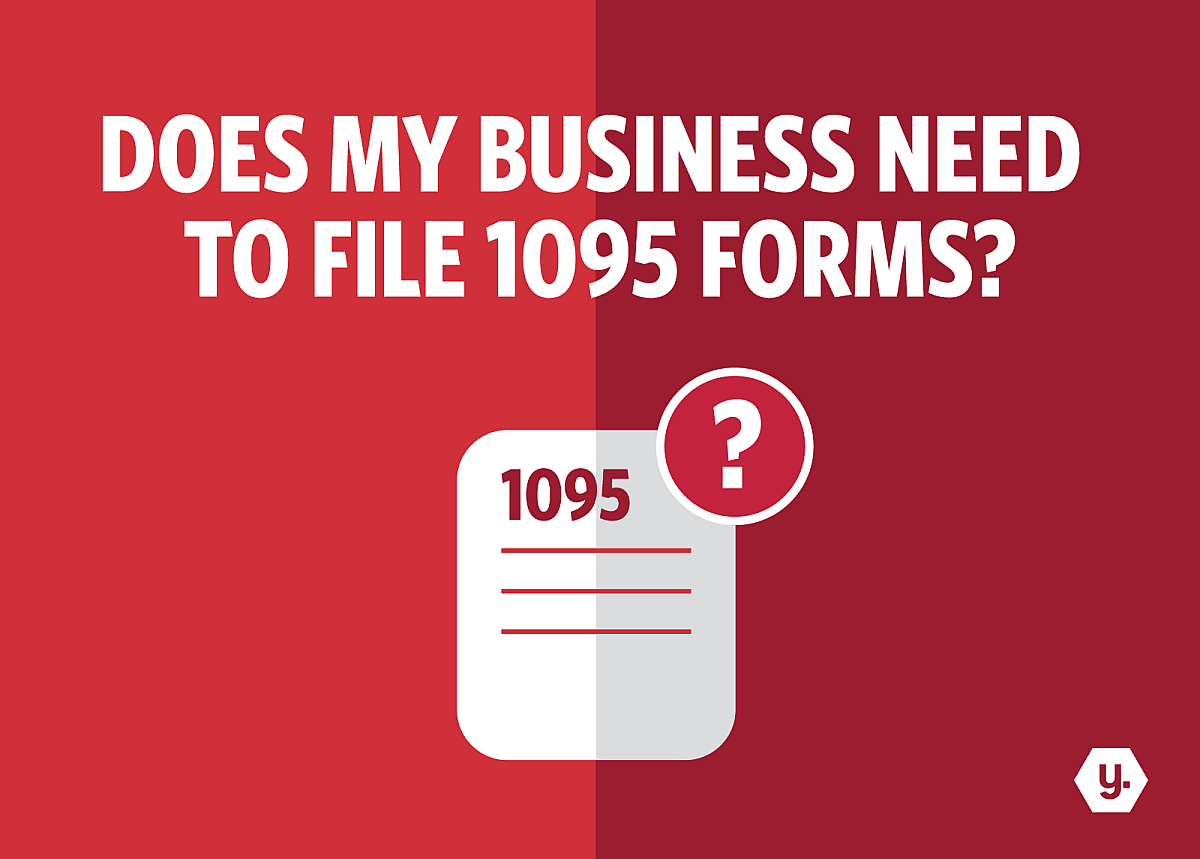
States Are Requiring Earlier Filing, Here’s What it Means for Your Business
Every tax reporting season brings with it new requirements for businesses – these can range from small form changes to significant new regulations. In recent years, however, businesses have had to manage one particular ongoing change that has major ramifications for nearly every organization.
There has been a dramatic shift towards earlier filing deadlines the last couple of years, both at the federal level and the state level. Now is the time for businesses to take note of updated deadlines for year-end state reporting, as many have an accelerated filing date.
As the federal government pushes for earlier filing deadlines states are following suit to increase compliance and prevent fraud. For reporting year 2016, both the IRS and the SSA switched their deadlines to January 31 to help avert fraud. While deadlines for state W-2 and 1099 filings vary, businesses need to keep these deadlines in mind to avoid penalties. For the majority, January 31, 2018 will be the date to remember, but that is not the case everywhere.
States have traditionally had later filing deadlines, extending to the end of February or March, but are overwhelmingly trending towards mimicking the federal deadline.
For tax year 2017, the following states require filing by January 31:
| Alabama | Kansas | North Dakota |
| Arizona | Kentucky | Ohio |
| Arkansas | Louisiana | Oregon |
| Colorado | Maine | Pennsylvania |
| Connecticut | Maryland | Rhode Island |
| Delaware | Massachusetts | South Carolina |
| Washington, D.C. | Minnesota | Utah |
| Georgia | Mississippi | Vermont |
| Idaho | Missouri | Virginia |
| Illinois | Montana | Wisconsin |
| Indiana | Nebraska | Iowa |
| North Carolina |
It is important for businesses to be aware of all updated requirements for each filing season, but paying special attention to filing deadlines is imperative, as missing a deadline can result in significant fines. Filing penalties vary by state and range from fines of $1 per statement to $100 per statement for late filing or failure to file. Most states that have penalties in place have a maximum limit that can reach as high as $500,000.
As the government continues to take steps to alleviate fraud, businesses are encouraged to immediately contact the IRS to help protect clients in the instance of a security breach or theft of taxpayer or employee data. To help keep yourself, your business, and your employees safe, be mindful of deadlines to remain compliant and secure during the 2017 filing season.
Latest News
-
 November 25, 2025
November 25, 2025New Alternative Furnishing Method for Forms 1095-B and 1095-C Comes with Complexities
The IRS has updated the Affordable Care Act (ACA) reporting process for Forms 1095-B and 1095-C. These changes aim to reduce administrative costs and simplify reporting, but they also create new compliance challenges for employers and health insurance providers.Read More -
 October 8, 2025
October 8, 2025Your Business Guide to 1099 Filing in 2025: Deadlines and Compliance Tips with Yearli
Businesses must prepare for 2025 IRS 1099 filing by understanding key deadlines for Forms 1099-NEC and 1099-MISC and leveraging e-filing tools like Yearli to stay compliant. This guide outlines important dates, recent IRS updates, and practical tips to avoid penalties and streamline the filing process.Read More -
December 30, 2024
Understanding Form 1099-DA: A Comprehensive Guide to Filing for Digital Asset Transactions
As the use of digital assets like cryptocurrencies and non-fungible tokens (NFTs) continues to grow, so does the need for clear tax reporting guidelines. To address this, the IRS has introduced Form 1099-DA, which will be required starting in 2025.Read More
